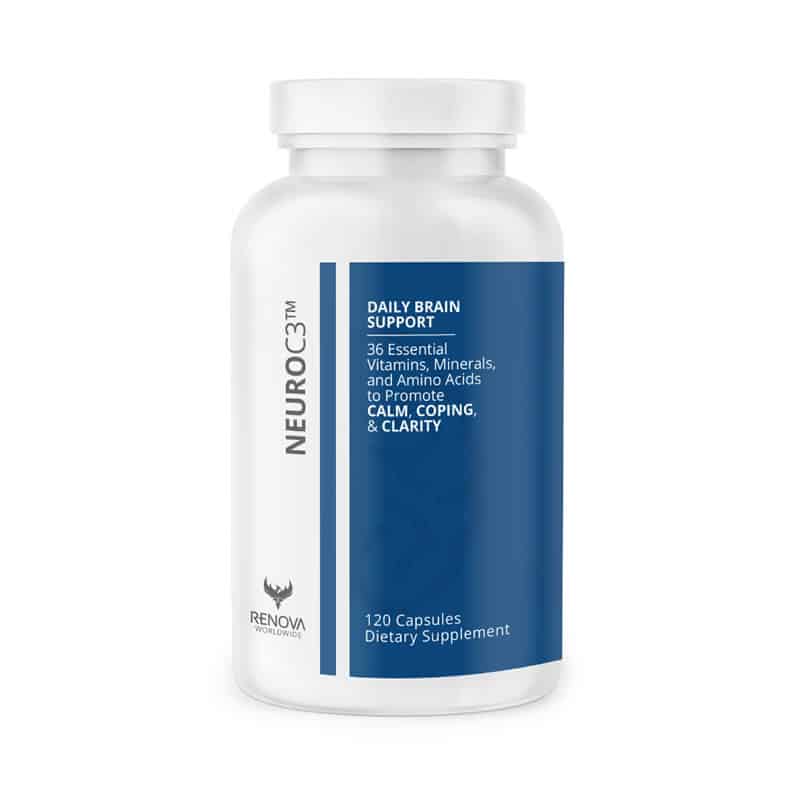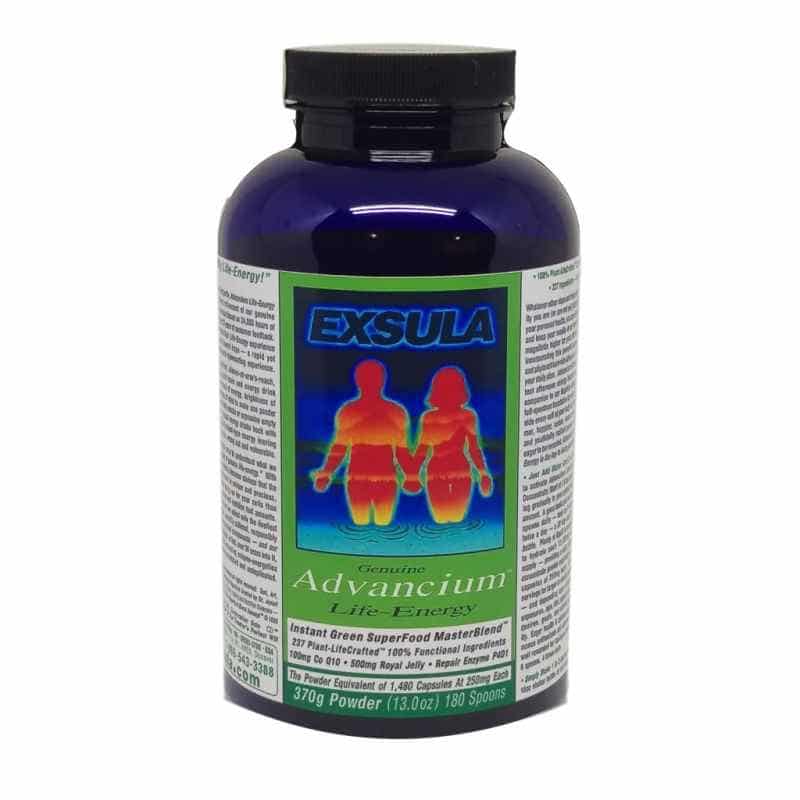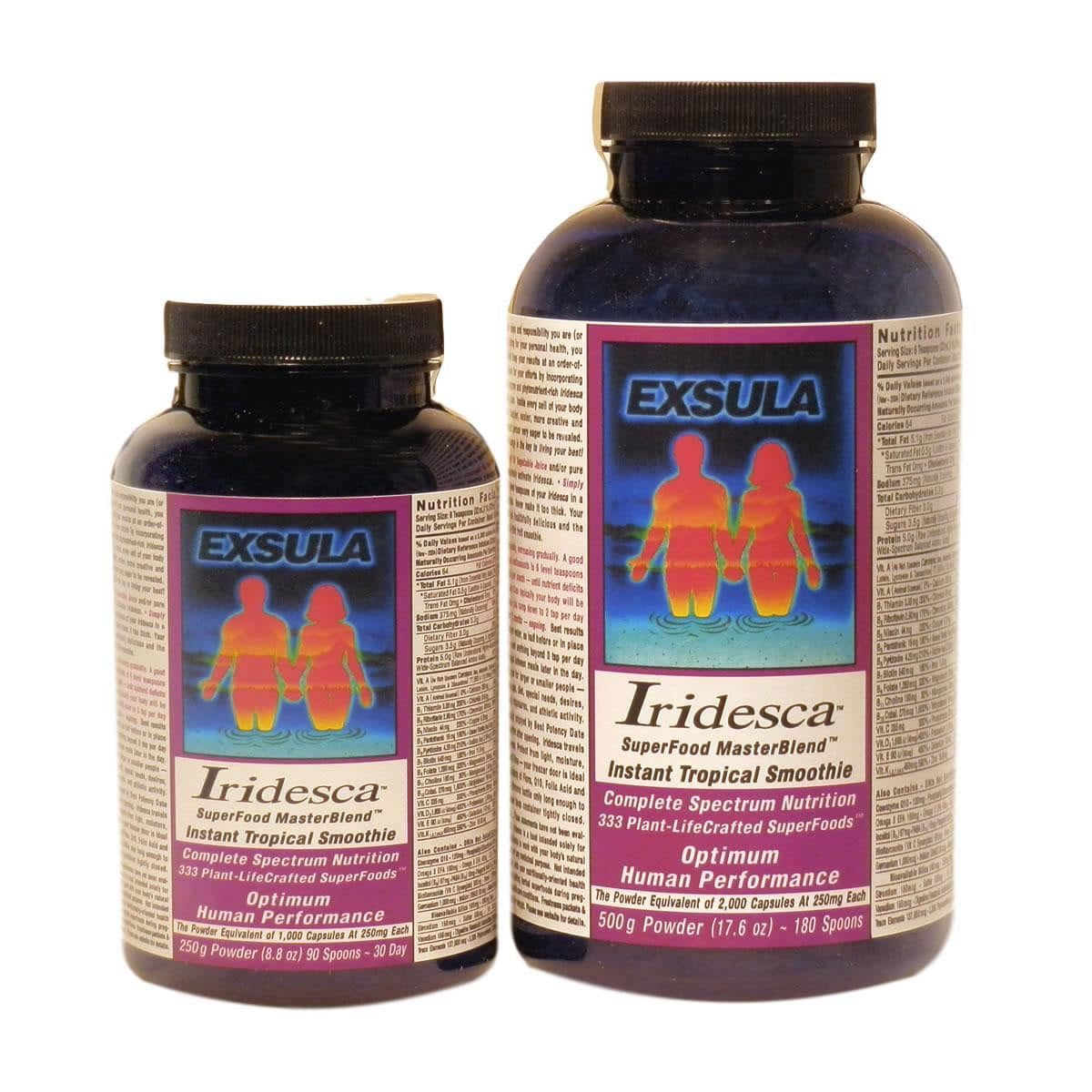No products in the cart.
Ginkgo Biloba
A most popular longevity tonic in Europe, China and Japan. Unique antioxidant phytonutrients protect Ginkgo’s genetic material and cells so the tree can live past 1,000 years of age. Reduces dangerous blood platelet aggregation (makes blood less sticky) restoring youthful circulation and oxygen delivery. Increases peripheral circulation and reduces associated tingling. Strengthens mental performance, memory and concentration. Improved circulation naturally relieves hemorrhoids, edema and circulatory-related erectile dysfunction. Tinnitus, vertigo and dizziness often diminish. Excellent for high altitude physical exertion. Particularly helpful for senility and Alzheimer’s. Bioflavonoids are always useful in allergies, asthma and inflammations.
24% Ginkgoflavoglycosides, Kaempferol, Bioflavonoids, Quercetin, Isorhamnetin, Proanthocyanidins (“pycnogenols”), Terpenes, Ginkgolides & Bilobalides. Ginkgo biloba is commonly used in the treatment of early-stage Alzheimer’s disease, vascular dementia, peripheral claudication, and tinnitus of vascular origin. Multiple trials investigating the efficacy of ginkgo for treating cerebrovascular disease and dementia have been performed, and systematic reviews suggest the herb can improve the symptoms of dementia. Ginkgo is generally well tolerated, but it can increase the risk of bleeding if used in combination with warfarin, anti-platelet agents, and certain other herbal medications.
Ginkgo biloba L. (previouslySalisburia adiantifolia) common names: ginkgo, maidenhair tree, 40 crowns tree; there are many Chinese names; in Japan called icho, and the fruit is called ginnan.Ginkgo biloba is the sole living member of a once great and dominant race of plants. It is thus a most precious and tenuous link between the present and remote past. This popular herbal medicine is extracted from the fan-shaped leaves of the ancient ginkgo biloba tree, a species that has survived in China for more than 200 million years and now grows throughout the world. (The leaves are double, or bi-lobed; hence the namebiloba.) Long used in traditional Chinese medicine, it is only in the last few decades that the medicinal uses for the herb have been studied in the West.
Recently ginkgo has received a great deal of attention for its potential as a memory booster. But while the herb has been found to help with age-related memory loss, claims that it’s a “smart pill” and universally useful are dubious. Studies do indicate that the herb can have beneficial effects on the circulatory and central nerve systems, however, and it has been shown to act as an antioxidant as well. An extract of ginkgo biloba extract (GBE) is used to make the supplement. It is obtained by drying and milling the leaves and then extracting their active ingredients. When buying supplements, look for preparations containing GBE to be sure you get the greatest benefit.
Health Benefits
By regulating the tone and elasticity of blood vessels, ginkgo increases blood flow to the brain and extremities, making it particularly useful for circulatory ailments. Research has also shown that ginkgo can enhance the nervous system by promoting the delivery of additional oxygen and blood sugar (glucose) to nerve cells. As an antioxidant, ginkgo mops up the damaging compounds known as free radicals and aids in cell maintenance.
Specifically, ginkgo may help to:
- Slow the progression of Alzheimer’s symptoms. Controlled studies have shown that because ginkgo aids blood flow to the brain, it can improve memory in some people with this memory-robbing condition. Findings indicate that it is people already suffering from Alzheimer’s (and other age-related memory problems) who benefit most, not those who are healthy. In a 12-month study of 202 patients with dementia, many of whom also had Alzheimer’s, those given 120 mg of ginkgo biloba extract a day experienced a greater improvement (or stabilization in their mental and social functions) than those given a placebo. The effects were modest and of limited duration, however.
- Relieve depression, anxiety, headaches, ringing in the ears (tinnitus), and dizziness. Each of these ailments-like Alzheimer’s-has been linked to reduced blood flow to the brain. In older adults in particular, this problem is often caused by cholesterol buildup in the arteries. By improving blood circulation (including that to the brain), ginkgo may be useful for treating these disorders in older people especially.
- Alleviate the symptoms of Raynaud’s disease and intermittent claudication. By improving blood circulation to the extremities, ginkgo helps ease the painful coldness in the hands and feet that is associated with this ailment. It can also reduce the calf cramping and leg weakness of intermittent claudication, a circulatory problem caused by hardening of the leg arteries.
- Reduce macular degeneration and control cataracts. Some studies suggest that ginkgo may be of value in treating macular degeneration because it increases blood flow to the nerve-rich fibers of the eyes. The herb’s antioxidant capabilities may also help to neutralize the cell-damaging free radicals that are considered a leading cause of this disorder. Ginkgo biloba’s powerful antioxidant and circulation-promoting properties may also be of help in treating the blurring and dimming of vision caused by cataracts.
- Treat complications due to diabetes. Ginkgo has been shown to be useful in treating diabetic neuropathy, the nerve damage resulting from poor circulation to the extremities that is common in diabetes sufferers. Animal studies have shown that ginkgo may also help prevent diabetic retinopathy, an eye disease that can cause blindness.
- Counter impotence. Ginkgo biloba extract may enhance the treatment of erectile dysfunction due to poor blood flow resulting from atherosclerosis of the penis. Ultrasound examinations of 60 impotent men who took ginkgo biloba showed improved penile blood circulation after six weeks. After six months, 50% of the patients had regained potency. Continuing studies are investigating ginkgo’s potential in treating this problem.
- Reduce the risk of heart attack or stroke. By reducing the “stickiness” of the blood, as aspirin does, ginkgo may lower the risk of blood clots and possibly reduce the risk of heart attacks or stroke. Studies are also evaluating the herb’s effectiveness in speeding recovery from stroke.
- Ease asthmatic attacks. Long used in China for this ailment, ginkgo seems to help relieve the airway spasms and wheezing associated with this lung disease.
- Optimize brain power. While there are no studies showing that ginkgo can prevent memory loss in healthy people, proponents suggest it can help mental decline and optimize brain function. These effects may be due to ginkgo’s ability to increase blood flow to the brain.
Ginkgo Nut
The ginkgo nut is the hard-shelled kernel of the fruit of the maidenhair tree, one of the earth’s most ancient plants. In China, ginkgo nuts are used in both sweet and savory dishes. They are sometimes used as an alternative to lotus seeds in ‘eight treasure’ dishes. They are also a popular snack in Japan and Korea, threaded on pine needles, grilled and salted. They keep well unshelled, but once removed from shells will keep only a short while, even with refrigeration. Soak the kernels in hot water to loosen the skins. Cooked, they turn a delicate shade of green.
Medicinal uses: Leaves and seeds are used in Chinese herbal medicine for lung problems. An extract of G. biloba in tablet or liquid form is used to improve the memory. It is also valued as a tonic for the urinary system.
Names: Maidenhair-Tree
Part Used: Leaves. In oriental herbalism the seed kernel is used extensively.
Constituents:
- Lignans, especially the ginkgolides.
- Miscellaneous: terpenes, tannins.
- Flavonoids, mainly flavone glycosides including ginkgetin, quercetin and kaempferol deriviertives.
Actions: Anti-inflammatory, vasoddilatory, relaxant, digestive bitter, uterine stimulant.
Indications: Traditionally known as an antimicrobial& anti-tubercular agent, new research has shown a profound activity on brain function and cerebral circulation. Clinically it is proving effective in a range of vascular disorders. Ginkgo has been suggested in the following conditions:
- vertigo
- tinnitus
- inner ear disturbances including partial deafness
- impairment of memory and ability to concentrate
- diminished intellectual capacity and alertness as a result of insufficient circulation
- anxiety, depression, neurological disorders o dementia, Alzheimers disease.
- complications of stroke and skull injuries
- diminished sight and hearing ability due to vascular insufficiency
- intermittent claudication as a result of arterial obstruction
- a sensitivity to cold and pallor in the toes due to peripheral circulatory insufficiency
- Raynauds disease of cerebral vascular and nutritional insufficiency
- hormonal and neural based disorders as well as angiopathic trophic disorders
- arterial circulatory disturbances due to aging, diabetes and nicotine abuse
- sclerosis of cerebral arteries with and without mental manifestations
- arteriosclerotic angiopathy of lower limbs o diabetic tissue damage with danger of gangrene
- chronic arterial obliteration o circulatory disorders of the skin, as well as ulcerations caused by ischaemia.
Preparations & Dosage: Ginkgo is becoming available in a number of different forms. The clinically recommended dosage range is 40 mg of the dried herb three times a day.







